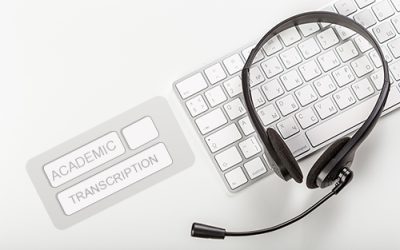
To take notes effectively, students need to develop the following skills:
- Identify the main ideas
- Recognize information that is relevant for their work
- Be able to create a personalized notetaking strategy
- Condense information as notes and graphs or diagrams
- Convey the information using their own words
- Record the source of the information
Besides lecture notes which are taken in class, there are study notes which are created while reading course material. To make good study notes, students need to read and re-read the material, note down the key concepts, connect ideas, and make notes on the entire section showing these connections. Making study notes before the lecture is important to be able to ask questions and clear any doubts.
When it comes to taking lecture notes, students can use their cell phone to make an audio recording of the lecture and get the file transcribed. As time is critical, it is important that students develop effective outlining skills. This will allow them to organize and format the material so that it is easily understood.
But are lectures becoming obsolete? The BBC recently reported on Professor Carl Wieman, a winner of the Nobel Prize for physics, who is leading campaigner against conventional lectures. He found that students did not benefit by them and experimented with “active learning” as an alternative. In this method, he divided students into small groups, set out a problem and mingles with them to listen to their views and guide them. Research found students’ fared better in exams when they moved from lectures to active learning.
However, an expert says that “such changes are much easier said than done” and that the lecture is here to stay in the foreseeable future. Therefore, good notetaking is definitely a key skill for students. To get your audio recordings converted into text, choose the right academic transcription service company – do a quick online search to get a list of established providers. Choose a company that can provide effective lecture transcription and accurately convert the audio content of your digital files into text. The final transcripts can be used to create more comprehensive notes. Leading service providers offer special rates for students.



